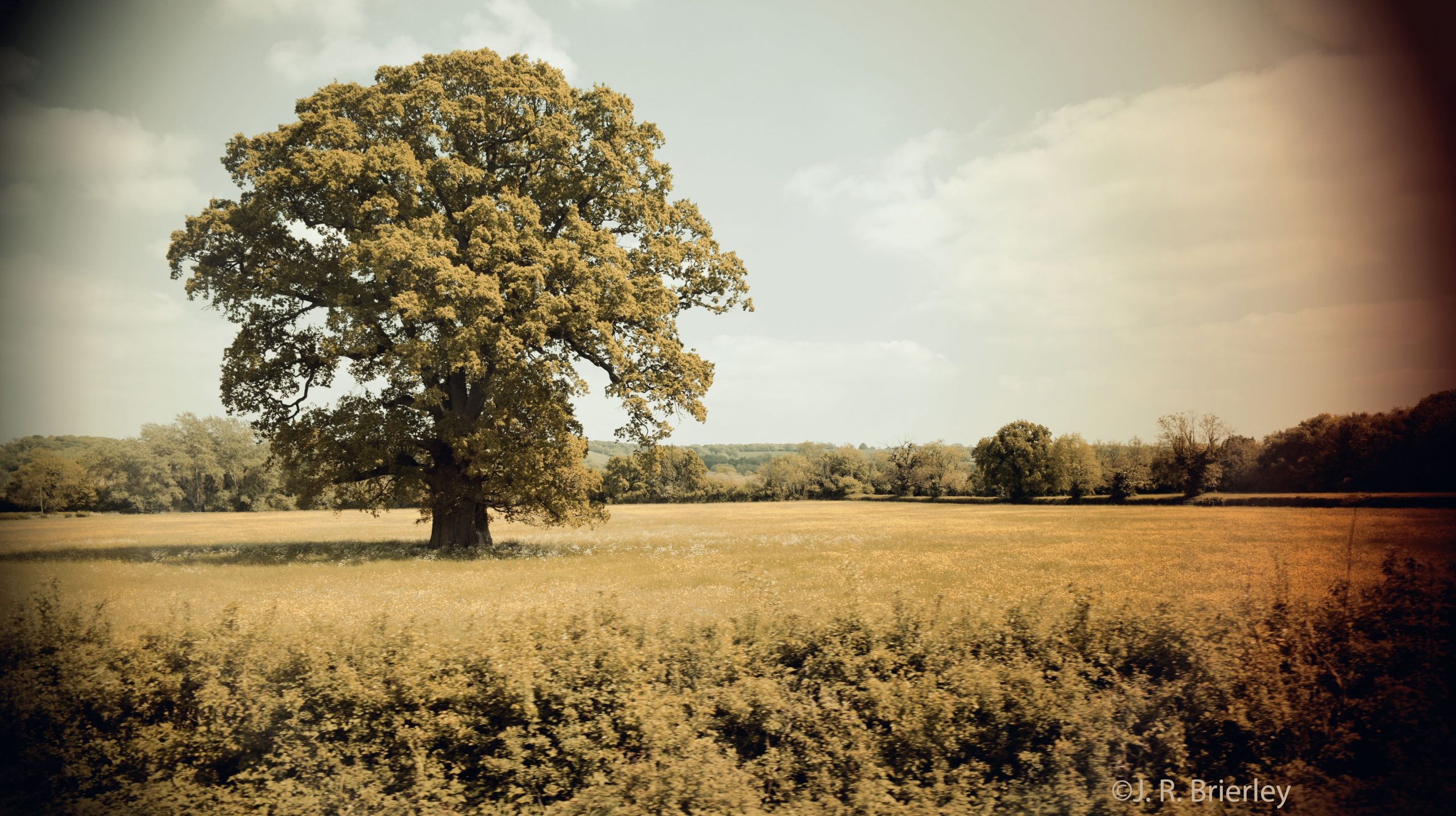“Occasionally, it’s good to look at things from a different perspective.”
Varina Denman
I am a big fan of good grammar. I delight in articles and books comprised of strong sentence structure, and I get frustrated when words and punctuation do not flow as I think they should. Oftentimes, I will stop reading if the grammar is too erroneous.
The professor of the writing class I am attending said writing is not all about grammar. He said grammar is a set of rules set by people who came before us.
My defenses went up as I listened. I have always felt quality writing was defined by the condition of the grammar. Journalists and authors need to possess acceptable grammar skills in order to get their point across effectively, do they not?
In the days following class, I have begun to think of the things that define writing. I wonder if I have missed out on great pieces of advice or information because I had not been open to different types of writing. Perhaps perfect sentence structure is not writing’s soulmate after all.
Various cultures form sentences in different ways, so how is “perfect” sentence structure defined? As my professor has suggested, an individual’s writing form a mixture of where he grew up, even of the experiences he has had. Is one form of writing more superior than another? I do not think it is. Rather, I think each form speaks to people in different ways. The more I ponder this idea, the more I begin to realize the bigger picture of this beautiful thing called writing.
I consider classic books, which I enjoy tremendously. I find works from authors such as Charles Dickens, Jane Austen, and Lucy Maud Montgomery to be vivid windows in which I can glimpse the past. But their language is quite different from the way we speak or write today. Some of the words they use and they way they form sentences, while an excellent opportunity to expand one’s vocabulary, can seem archaic to modern readers.
The grammar they used in Charles Dickens’ time varies from the grammar we are familiar with today. I have read sentences in his books that were nearly the length of an entire page. Whereas, like this blog, sentences in modern writing are generally much shorter. While the grammar of Dickens’ work was not incorrect by any means, our idea of grammar and vocabulary has changed. Seemingly endless sentences lent to luscious imagery as the author painted scene and character – one of the things that makes Dickens’ works unique and wonderful. Is this not just another type of writing, resulting in works that remained powerful despite a shift in grammar practices?
I feel my professor was right when he said there is more than one type of writing, and one is not superior to another. Variety is one of the things that defines lovely writing.
Fellow Untold Story, we ought to be open to learning more about different types of writing in order to strengthen our own writing, allowing ourselves that all-important “different perspective.”
Musingly,
J. R. Brierley







Leave a Comment